The Metro Boston CIT TTAC has been working with communities gathering and actively analyzing empirical data to inform best practice. These best practice approaches have identified strategies for departments to access community supports and increase collaboration with other state funded programs. Examples include increased utilization of Emergency Service Programs, development of HUB and case conference models, identification of grants and other funding sources to support expansion of resources.
SPD has a long history of engagement with stakeholder meetings that evolved into groundbreaking strategy to expand the Jail Diversion Program into a civilian unit – Community Outreach Help and Recovery Unit (COHR). COHR is staffed by Licensed Clinical Social Workers, Mental Health Counselors, Drug and Alcohol Counselors, Recovery Coaches and a Coordinator of Law Enforcement Partnerships who all work to provide in-house resources for residents in addition to assisting officers in informing response. Integrating a public health and public safety response has demonstrated the need for partnerships across the criminal justice system. Courts, probation, and the District Attorney’s office all work together to assess and identify individuals and cases that would be more appropriately diverted to the health care system. In addition to system impact these initiatives are also improving outcomes for individuals and families. See Case Examples.
Cheryl Delafano, the COHR Jail Diversion Program Clinician is here pictured with Lieutenant deOliveira and Lt. Difava.
officer feedback
Local Somerville residents participate in Coffee with a Cop with CIT Trained Lieutenant Marc Difava and Sergeant Steve St. Hilaire.
Comments on evaluations have included “There are changes in the way we handle calls now. There’s more follow up. You don’t just take the call, hang up and be done. You continue on with the people. There’s more resources put out [for the people]. Our Social Worker is developing rapport, and following up. It does work. It’s helped the department immensely.” (Officer Paul Chalifour, Wilmington Police Department, 32 Years of Service).
Captain James Donovan and Detective Rob Pasqualino is seen here with CIT Trained Deputy Chief Christopher Ward and CIT Trained Officer Leo Martini.
Officers have also shared, “At first I was a skeptical cop hearing about Mental Health, but since going through the course and seeing people here it was eye opening for me. Especially dealing with the scenarios. As a cop you want to rush in and end the situation, but slowing things down made a lot more sense. Dealing with different types of mental health and the different ways to approach them. Finding other way of showing authority – like getting on their level so they can understand.” (Patrol Officer, Chelsea Police Department, 10 Years of Service). Lieutenants who sent officers to training have shared that they can easily notice the difference. “You can tell quickly. They tend to be more empathetic. CIT gives you a different view. It really changes the way you perceive people with mental illness.” (Lieutenant, Cambridge Police Department). Sergeants have also shared that “They’re more knowledgeable about how to deal with parties with emotional and mental health issues. They have the confidence in their ability to solve cases and willingness to listen to other voices other than their own (before it was I know what I’m doing). CIT lets you breathe and think outside the box you’ve been living in – opens the door and leads to better communication as a whole” (Sergeant Gonzalez, Chelsea Police Department, 30 Years of Service). An Emergency Department psychiatrist even noted a significant difference in the writing of Section 12 application.
“Training taught me that there are other tools and not just the known ones (batons, tasers, etc). It teaches you how to communicate with the last person who just won’t move or follow the crowd. It’s huge not having to resort to physical tools or the duty belt. There’s a different verbal belt.”
“This course was one of the best that I have taken. The job of a police officer has changed greatly in my 28 years. CIT training should be a component of all police academies. Many of these topics should be offered at in-service for the veteran officer. ”
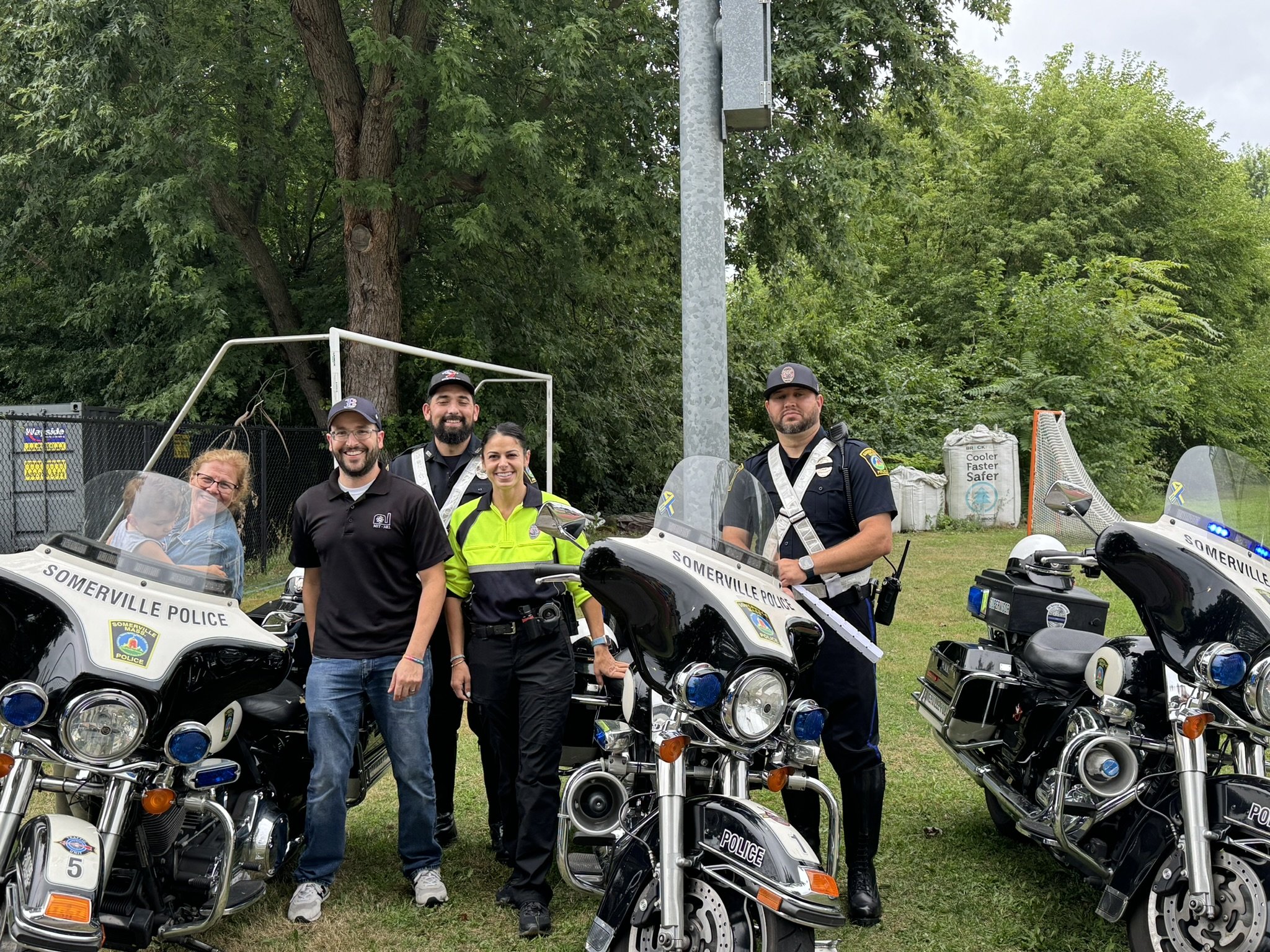
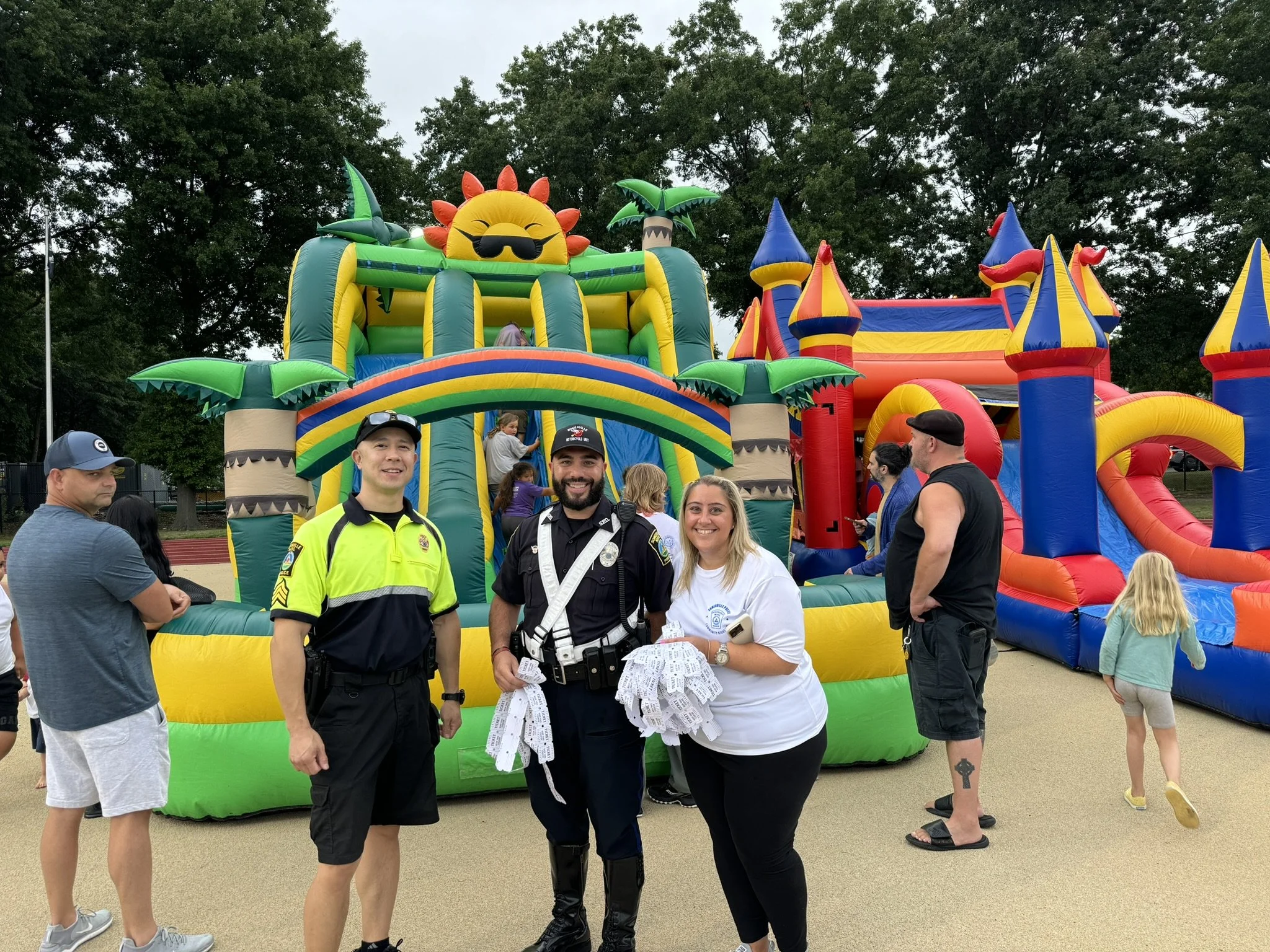
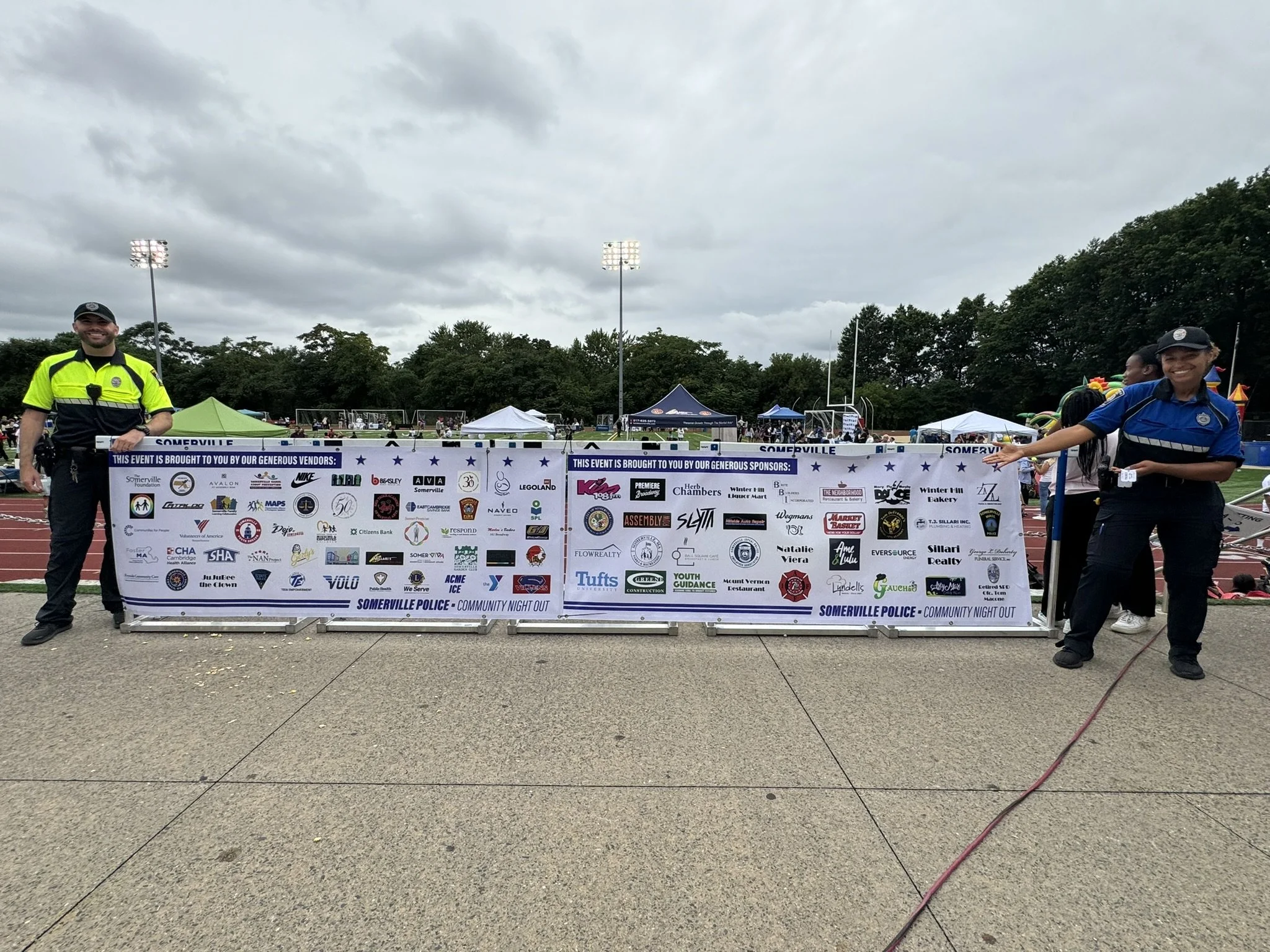
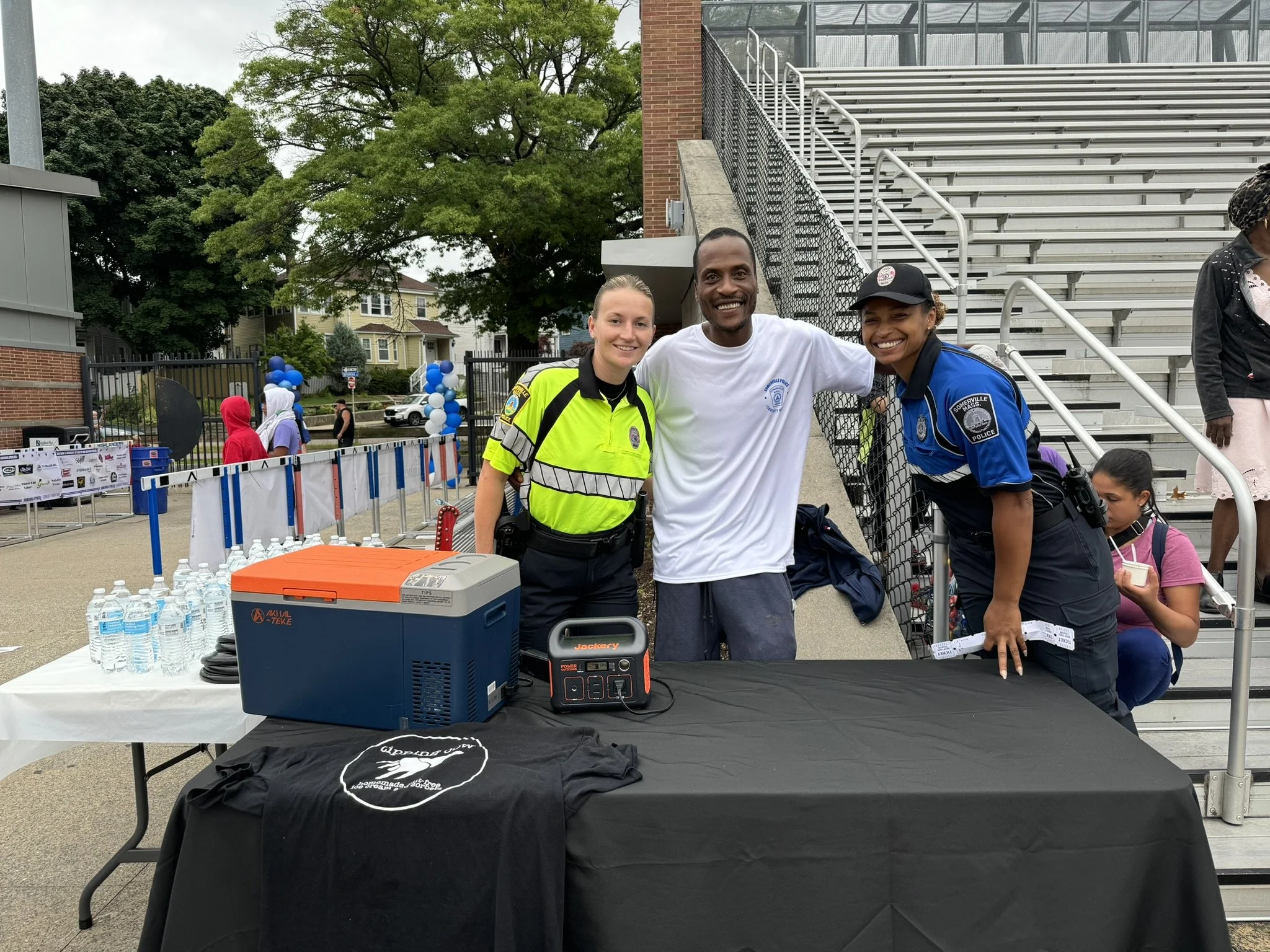
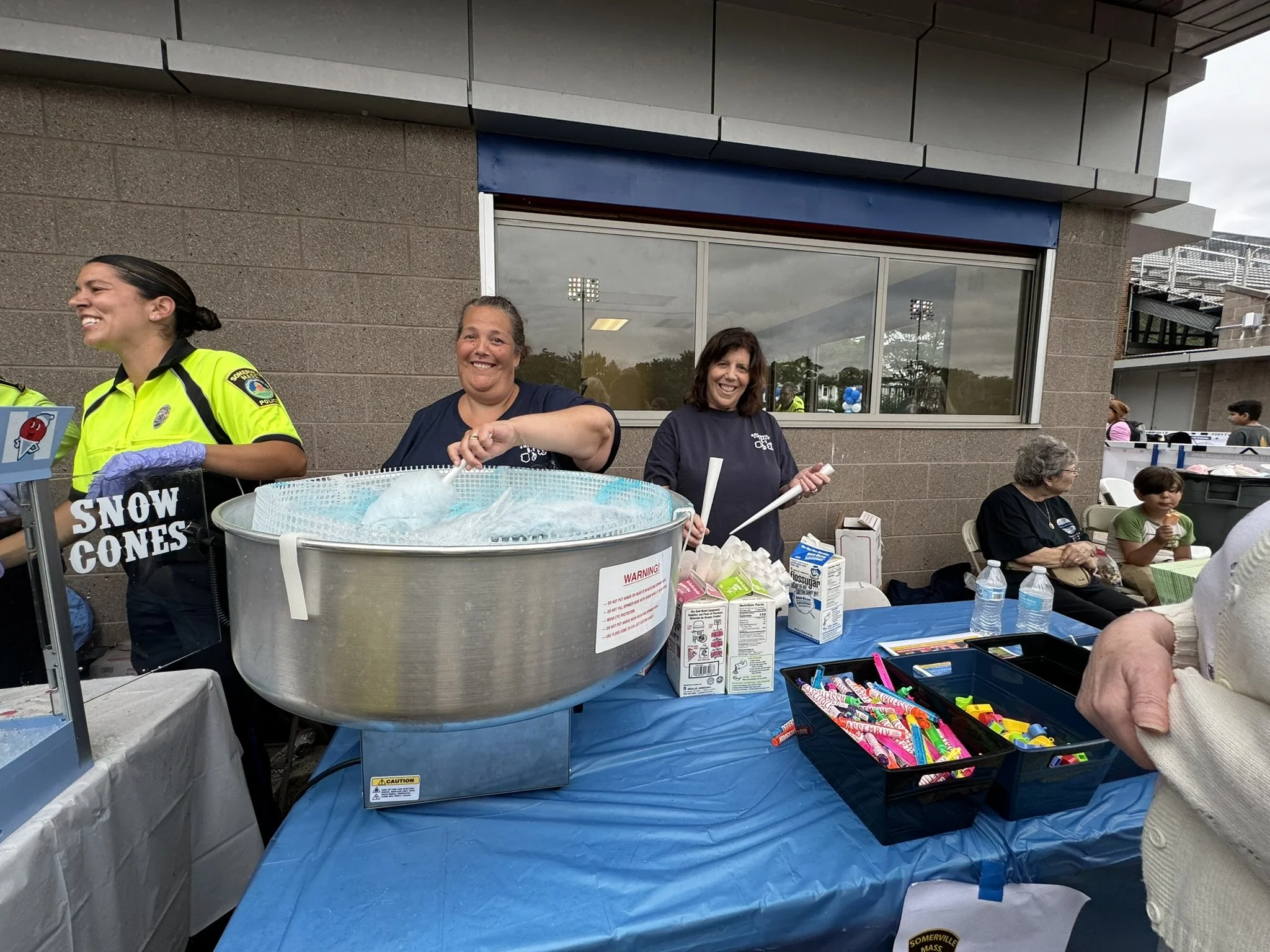
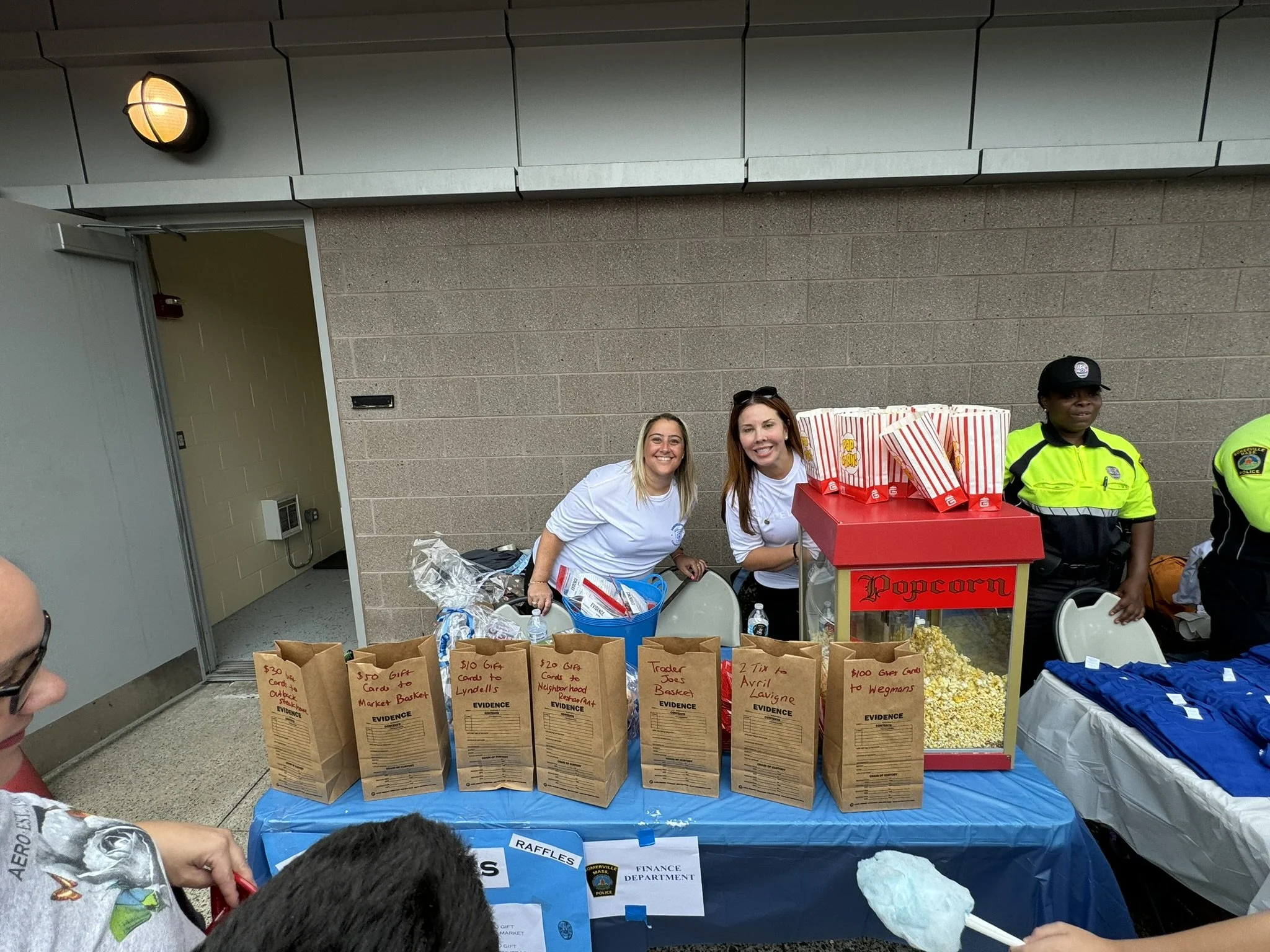

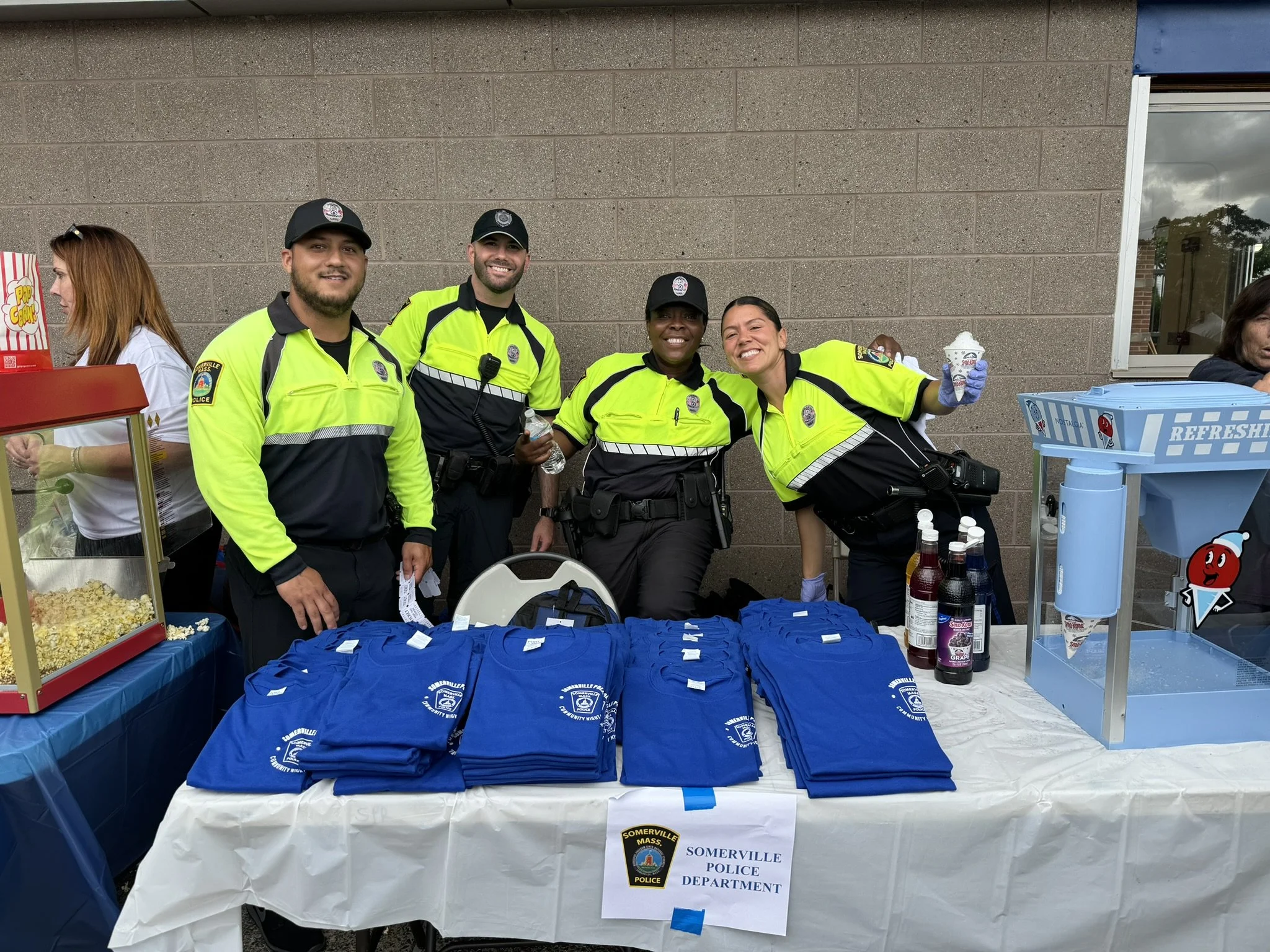

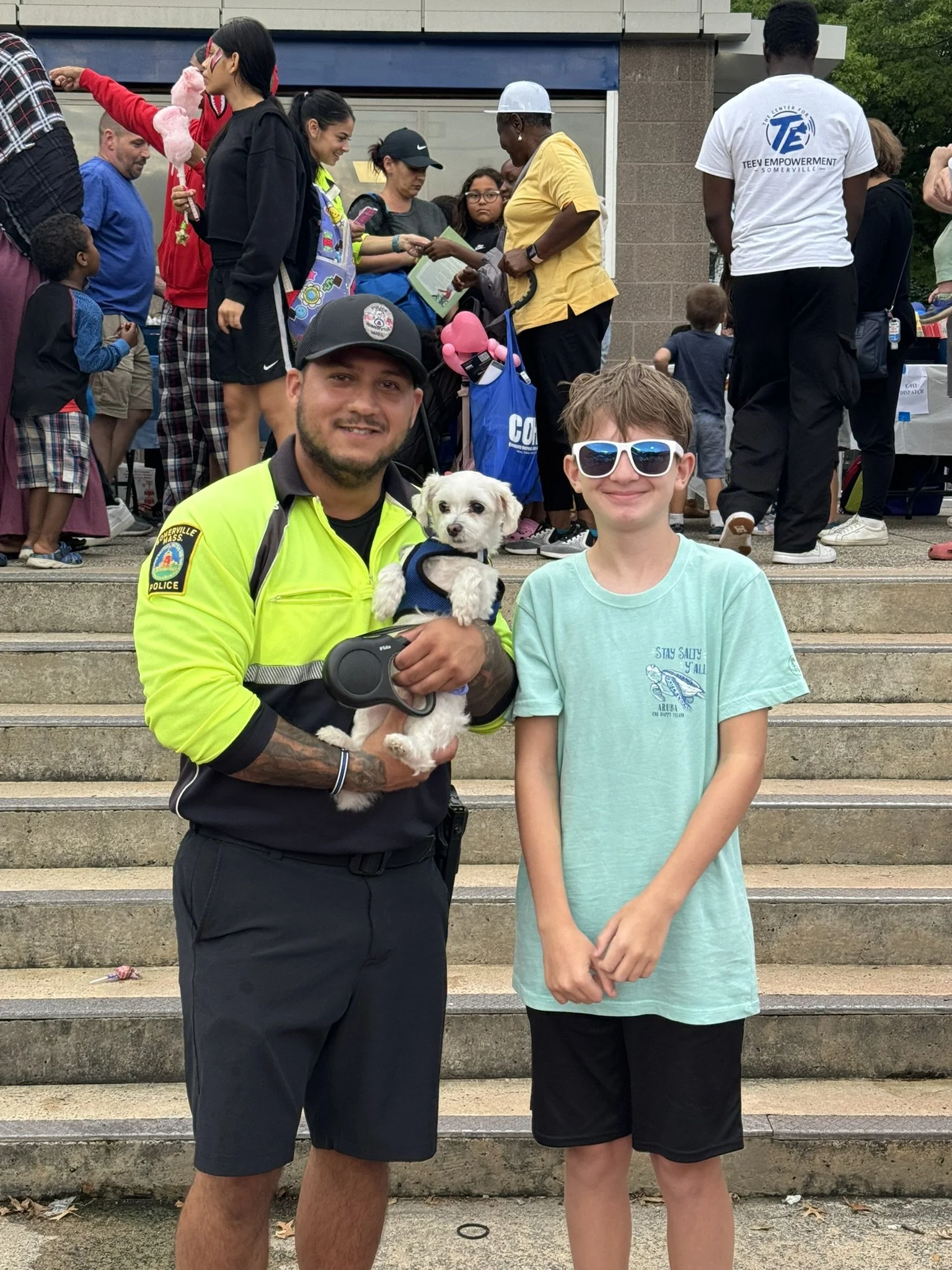
Together We Can
SPD experience in conjunction with the positive outcomes from the highly trained, highly experienced COHR staff continue to inform law enforcement training as well as training objectives for community partners. For example, COHR’s focuses on training community members and staff at partner agencies in Mental Health First Aid and Recovery Coach Academy, ultimately broadened the foundation of supports that sustain early intervention and reduce crisis.
Former NAMI Deputy Director Karen Gromis with newly trained CIT Officers.
Together we have learned so much from individuals living with emotional distress and want to thank them for sharing their stories and allowing us the honor of assisting them along their journey to recovery. A key component of our success has been our partnership with NAMI MA. The “In Our Own Voice” and “Family Perspectives” presentations have significantly increased officer’s understanding of the capacity for people to recovery. Officers continue to share the deep impact hearing the other perspective had on them both personally and professionally. “I had never seen that side. You normally go respond and fix the call, but don’t see the after math or before math” (Chelsea Admin). Another officer shared “If you don’t have Mental Health in your family it’s good to hear the way their lives have changed and how they’ve been affected” (Stoneham Patrol) It’s clear that these remarkable presentations change the way in which officers approach and think about people living with behavioral health.
In the communities that have implemented CIT there has been an extensive impact. Not only does CIT evoke a change in officers, it forges community partnerships and creates bridges for individuals impacted by behavioral health to get the services they need.

